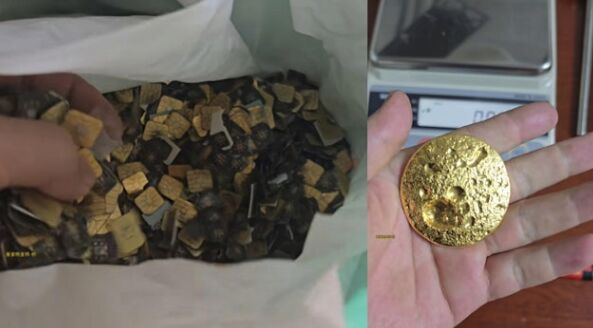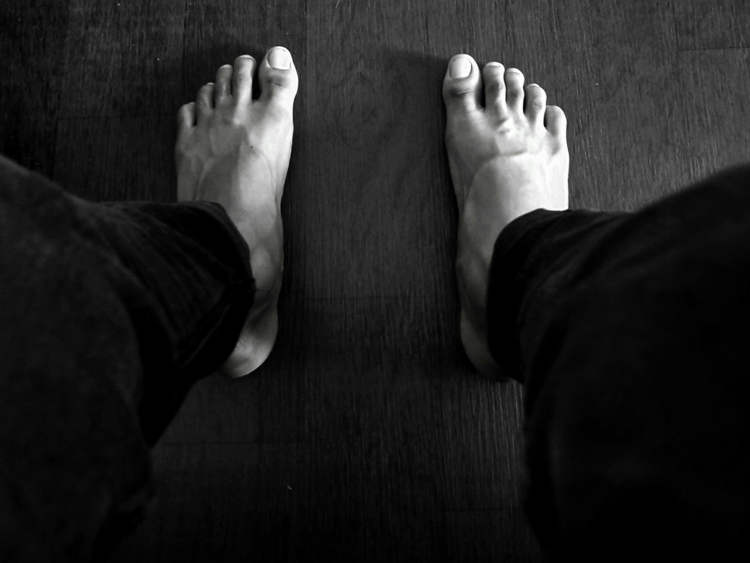Researchers at Tokyo Medical and Dental University claim to have identified a drug that replicates the benefits of exercise on muscles and bones.
Many of us may not want to admit it, but modern life in developed countries is easier and more comfortable than it’s ever been. Gone are the days when humans had to rely on heavy labor to sustain themselves and their families, but this particular part of our evolution has had some unwanted health-related consequences – the vast majority of people aren’t getting enough exercise and that is taking a toll on their bones, muscles and overall health. The problem is that many of us don’t want to put in the physical work to keep our bodies in good shape, even though we know we should, but the good news is that we may not have to…

Photo: Nigel Msipa/Unsplash
The fact that physical inactivity causes frailty of the muscle and bone has been known for a while now, and yet debilitating conditions like osteoporosis and sarcopenia are more prevalent than ever before. And then there are the people who simply aren’t physically able to exercise, due to life-threatening conditions like cerebrovascular diseases or being bedridden. unfortunately, all these people are at risk of developing cardiovascular disease, stroke and diabetes due to a lack of physical activity. Thus the need for an alternative to physical exercise.
Researchers have been able to identify that the reinforcement of the muscle and bone during physical exercise coincides with anabolic changes in both muscle and bone. Using a new type of drug screening system, they were able to identify a compound that replicates the changes in muscle and bone. named “locamidazole” – after ‘locomotor’ and the chemical backbone ‘aminoindazole’ – or LAMZ for short, is somewhat of a chemical miracle.
According to a study published in August in the medical journal Nature, LAMZ not only has the ability to stimulate the growth of bone-forming osteoblasts and muscle cells, but also to inhibit the formation of osteoclasts, which break down bone and lead to chronic diseases like osteoporosis.
During a test trial on mice, Japanese researchers administered locamidazole to lab mice once a day, for a total of 14 days. At the end of the experiment, the drug was detected in the blood, muscle and bone, with no detectable adverse effects on hematologic parameters.

Photo: Unsplash
“We were pleased to find that LAMZ-treated mice exhibited larger muscle fiber width, greater maximal muscle strength, a higher rate of bone formation, and lower bone resorption activity,” Takehito Ono, the study’s lead author, said.
Locomotor frailty caused by diseases like osteoporosis is one of the main targets for drugs like LAMZ, and the results of preliminary experiments is very encouraging. Locamidazole administered orally or via subcutaneous injection “improved the muscle and bone of mice with locomotor frailty, according to senior study author Tomoki Nakashima.
Although LAMZ may not get you those chiseled abs you’ve been dreaming of, researchers are confident that it could help as a therapeutic drug for patients with impaired locomotion, such as those suffering from osteoporosis and sarcopenia.












